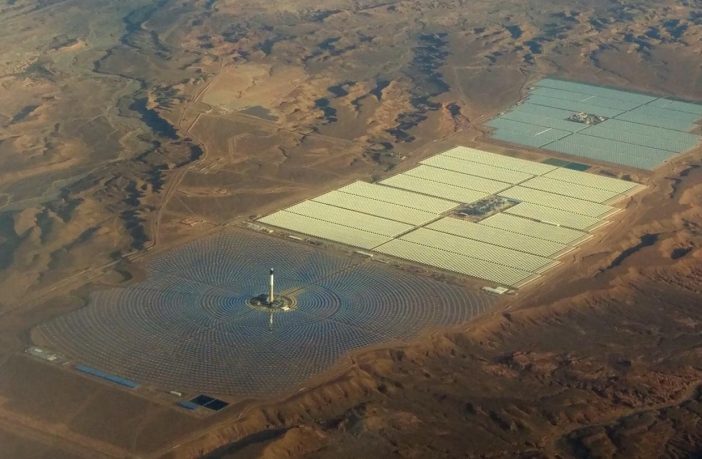- Morocco’s renewable energy capacities have exceeded forecasts in 2020, according to the International Renewable Energy Agency (IRENA).
- The agency announced that more than 260 gigawatts (GW) of renewable capacity were put into place last year.
- The number represents a 50% increase in growth than in 2019.
IRENA’s statistics showed that renewable energy capacities increased considerably in relation to the total of new energy production capacities installed for the second year in a row. Data shows that more than 80% of all new electrical capacity put in place last year uses renewable energy sources. Solar and wind account for 91% of this new capacity.
IRENA explained the relative growth of renewables is partly by the decline, in net terms, of the capacity to generate electricity from fossil fuels in Europe, North America, and, for the first time, in Eurasia (Armenia, Azerbaijan, Georgia, Russian Federation, and Turkey).
The statistics show that 60 GW of new fossil fuel-based capacities were created in total in 2020. The number is compared to 64 GW generated one year earlier. The data shows that the reduced use of fossil fuels continues.
Commenting on the statistics, IRENA General Director Francesco La Camera said that these numbers reveal a “story of resilience and hope.” The director said that despite uncertainty and challenges in 2020, the renewable energy sector has become a “fundamental source of optimism, for a better, more equitable, resilient, clean, and just future.”
Link to full IRENA report ‘Renewable Capacity Statistics 2021’ HERE
Author: Bryan Groenendaal















